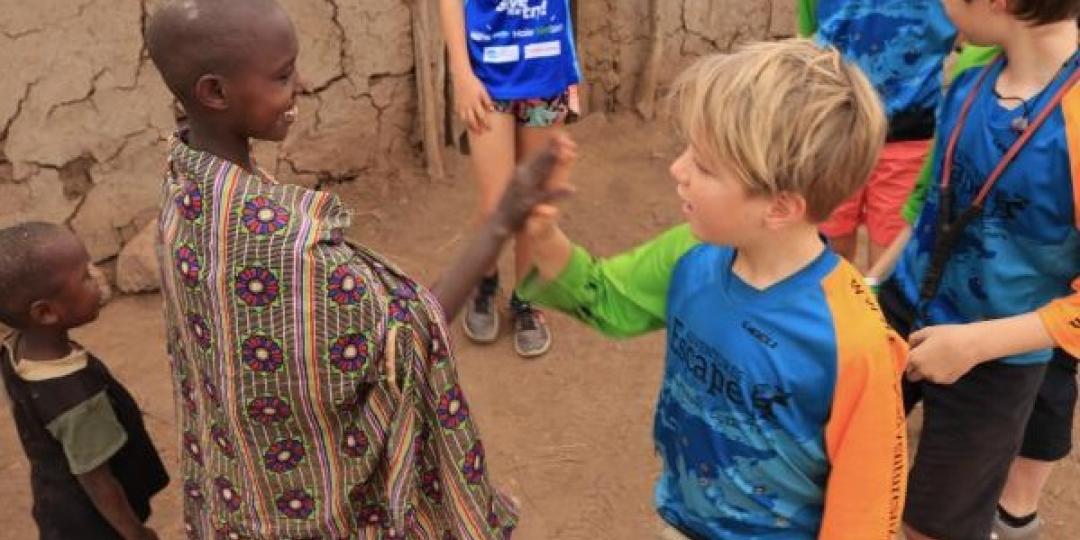Families travelling to southern and East Africa will be looking for more nature-positive holidays, and tour operators will need to ensure their trips are leaving behind tangible benefits for conservation and wildlife.
This is according to Sarah Faith, Content and Communications Manager at Responsible Travel, which offers more than 6 000 responsible holidays from around 400 providers across the world.
“Sustainability is not a niche part of the tourism market, and families travelling to southern and East Africa are more and more aware of the impacts their holidays are having on local communities and environments. All types of tourism impact on nature, and all types of tourism are reliant on it – and this is particularly relevant in southern and East Africa,” says Faith.
Top destinations for families
Faith encourages travellers to seek out destinations that place a strong focus on empowering local communities.
“Using local guides, staying in locally run hotels, eating in local restaurants, and choosing safari operators that actively support conservation are a few easy ways to help your holiday make a difference.”
For safaris, Faith punts destinations where long journeys can be broken up easily, considering that younger children will want to spend less time in a vehicle than adults.
“Tanzania’s northern circuit, for example, offers plenty of options. In addition, families with teenagers may be looking for other activities alongside wildlife watching. Cycling trips in Kenya offer an intrepid new way to engage with wildlife, while South Africa comes into its own for adrenaline-filled adventures like rafting, hiking, and kayaking.”
Faith singles out Kenya’s Mara Naboisho Conservancy bordering the Masai Mara National Park as a perfect example of a responsible safari destination.
“Land is leased from around 500 Masai landowners who have the final say over how their land is used for tourism. The project has rejuvenated, and now conserves, a vital migration corridor between the Masai Mara National Park and the Loita Plains used by several hundred thousand animals. The lease fees provide a sustainable income in harmony with wildlife as well as funding education and training facilities.”
If your clients are after a beach break, then Faith says to avoid the big, Indian Ocean all-inclusive resorts, which “channel money back into the multinational corporations which own them”.
“Instead, look for hotels with a strong community focus. These may be locally owned and run, employ staff recruited from surrounding communities on fair wages, serve up locally sourced food, and have strict measures in place to look after the surrounding environment.”
For its tours to Zanzibar, Responsible Travel uses the Baraza Zanzibar hotel, which is solar-powered, has an in-house garden growing local produce and a desalination plant for water usage, and strongly focuses on sourcing supplies from local villagers.






















